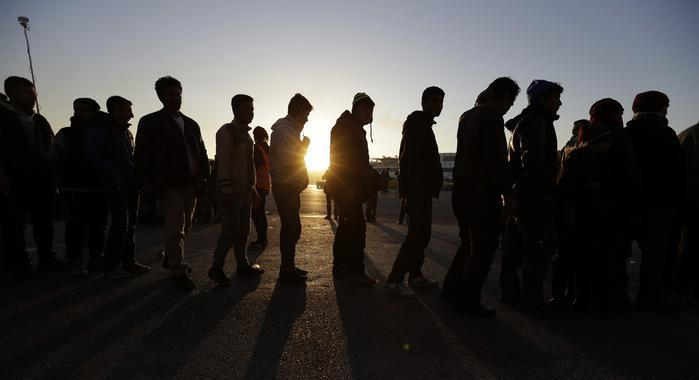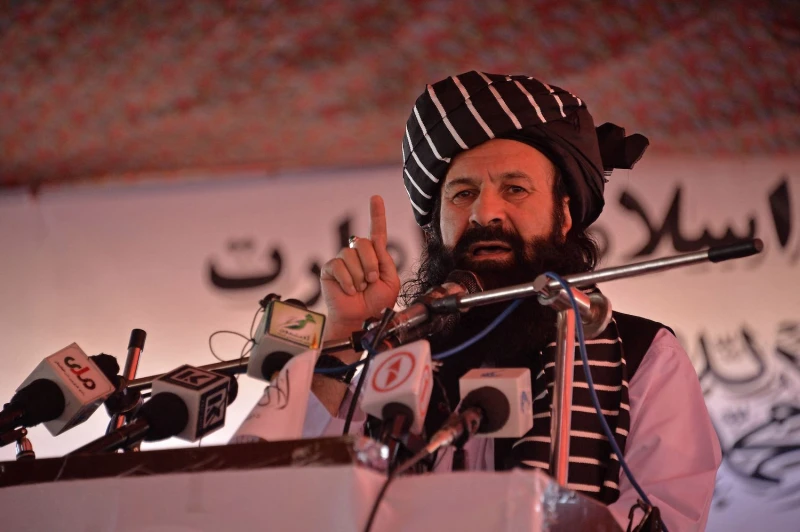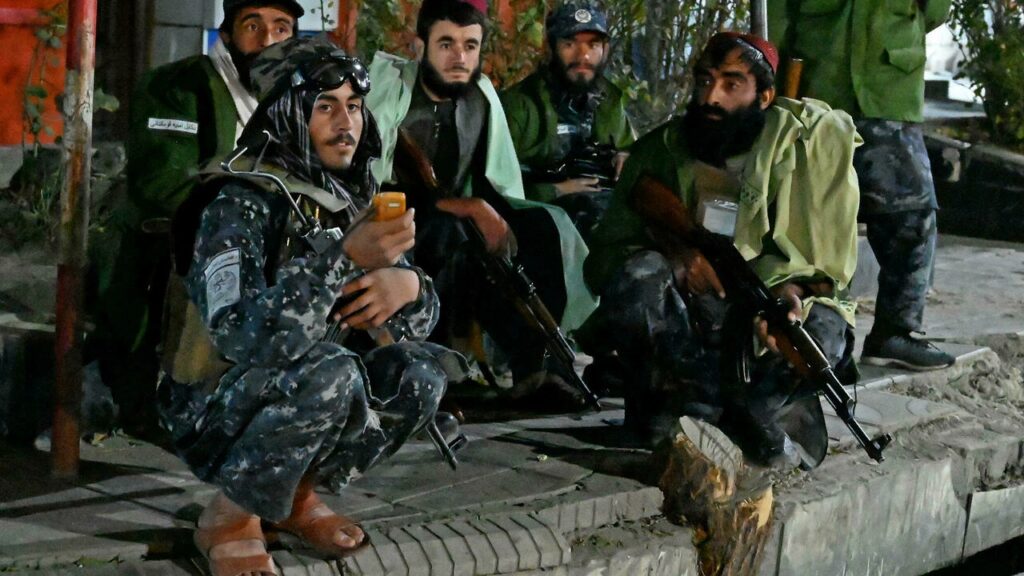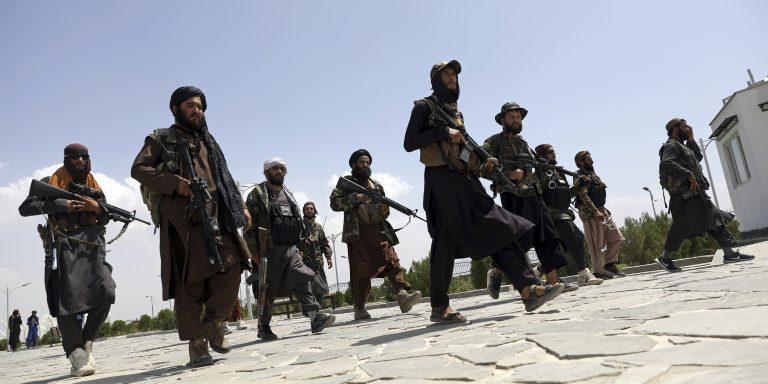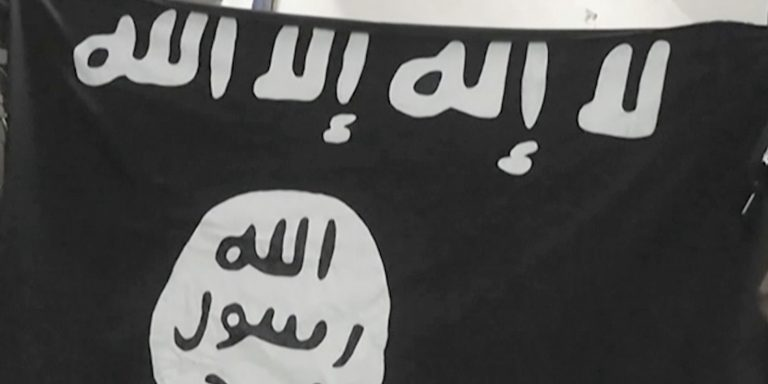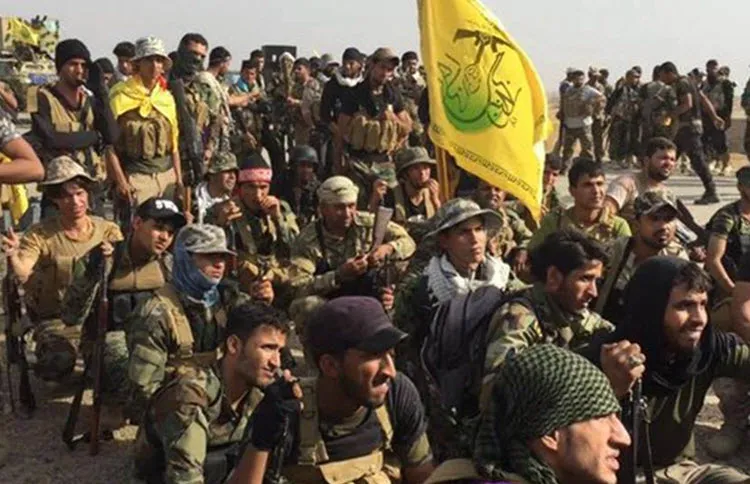Confronting Challenge Of Weaponized Corruption In Black Sea Region And Beyond – Analysis

Existing and emerging democratic nations around the world—particularly the Black Sea countries bordering Russia—face expanding threats that transcend traditional forms of warfare. Authoritarian regimes such as those of the current Russian Federation and People’s Republic of China increasingly rely on creative measures short of war to undermine, stall, or outright resist the spread of democratic principles around the world—principles that remain anathema to their tenuous grip on power.


